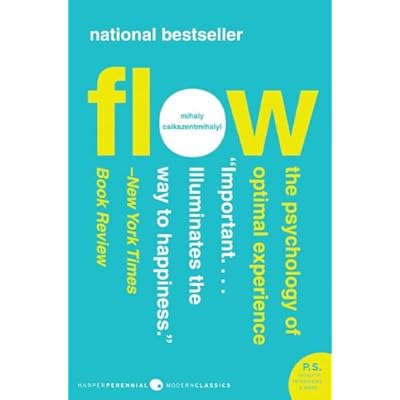We can create many things. Our own happiness is one of the most important.
Many people feel that happiness is something that just happens. They believe that they are happy when good things happens and unhappy when bad things happen. This fatalistic belief is not consistent with the actual scientific evidence.
Philosophers throughout the centuries and scientific researchers over the last forty years declare that happiness is not the result of what happens to us. Happiness depends upon our interpretation of what happens to us. Each of us control our own happiness by the way we approach everyday experiences.
Groundbreaking research by Hungarian Psychology Professor Mihaly Csiksentmihalyi discovered that people report being most happy when they are engaged in an activity where their body or mind is stretched to its limits in a voluntary effort to accomplish something difficult and worthwhile. For many people, this happens most often at work. Csiksentmihalyi calls this experience “Flow” and explores it in detail in his book Flow, The Psychology of Optimal Experience.
Flow can be experienced in many activities; work, sports, music, art, cooking. Csiksentmihalyi found that every flow experience “provided a sense of discovery, a creative feeling of transporting a person into a new reality. It pushed the person to higher levels of performance and led to previously undreamed-of states of consciousness. In short, it transformed the self by making it more complex.”
Two things that can prevent flow are boredom and anxiety. It your activity is too easy, it won’t keep you engaged and happy. If your activity is too difficult, anxiety will keep you from becoming engaged and happy. The key is to find an interesting activity that is moderately difficult and continue to increase the difficulty as your skills develop.
When you reach a state of flow, all other concerns melt away along with any sense of the passage of time. It really is the journey, not the destination that matters.
When are you happiest?

No comments:
Post a Comment